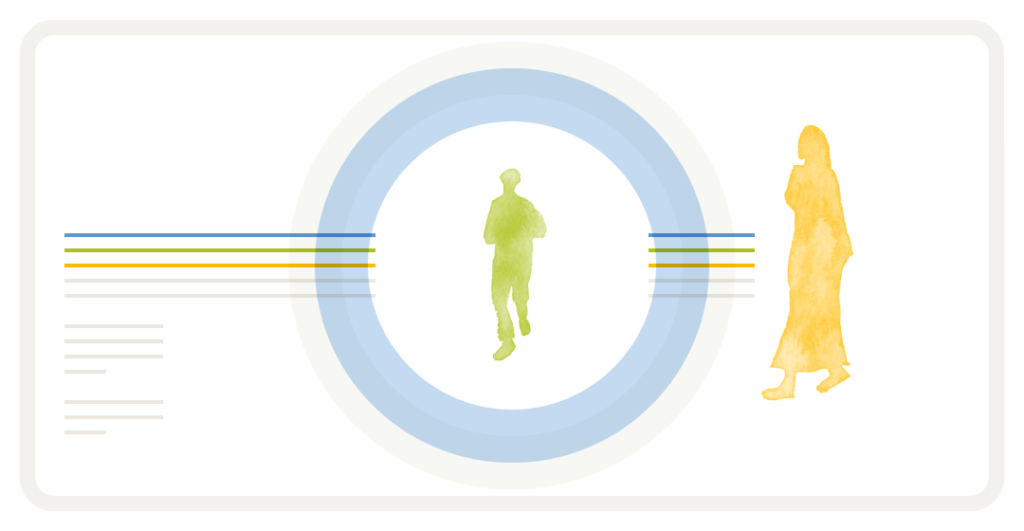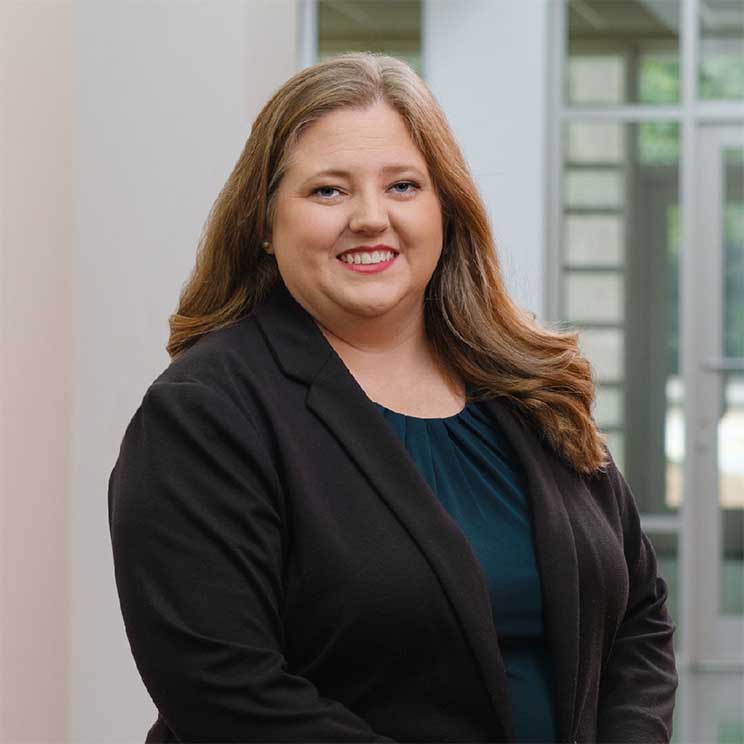Article
During my first year of college, my college roommate was in a minor car accident and broke her leg. Erin called her mom, and her mom rushed to the hospital to be by Erin’s side. I remember thinking at the time what would have happened if Erin had not been able to call her mom. Who would have taken care of her medical decisions? Erin’s mother was in charge of making medical decisions for Erin in case Erin could not. This was the first time I had ever heard about a Health Care Power of Attorney (HCPOA) and its importance for all adults.
What is a HCPOA, who needs one, and how do you obtain one?
What is a Health Care Power of Attorney?
A Health Care Power of Attorney (HCPOA) is a legal document that allows you to designate someone to make health care decisions on your behalf. An HCPOA ensures that your medical wishes are respected when you are unable to communicate or make decisions due to illness, injury, or incapacitation. The following are included in the HCPOA document:
1. Agent. You designate a trusted person as your health care agent and authorize that person to make healthcare decisions for you. Choose someone who knows your values and preferences regarding medical treatment and will advocate for your wishes.
2. Scope of authority. You can specify the scope of your agent’s authority, including the types of medical decisions your agent can make or any specific instructions. Be as specific (or as general) as you like in defining their authority.
3. Effective. Health Care Power of Attorney usually becomes effective when a healthcare provider determines that you are unable to make your own medical decisions: a temporary situation (being under anesthesia for surgery), or a more permanent condition (coma or advanced dementia).
4. Advanced directives. A Health Care Power of Attorney may be part of a broader set of advanced directives, such as a living will, which outlines your preferences for life-sustaining treatment.
Who needs an HCPOA?
Accidents, sudden illness, or unexpected medical emergencies can happen. Having a designated healthcare agent ensures that you have an advocate making the best decisions for you.
1. Any adult, regardless of age or health status. Once children reach the age of majority in your state (usually 18 or 21) they become adults and take control of their health care decisions and medical records. The Health Information Portability and Accountability Act (HIPAA) protects medical professionals from sharing sensitive medical information. Consequently, if a young adult is injured and seeks medical treatment, parents will not automatically be able to consult with medical providers, get information, and have input into their child’s treatment.
2. Elderly individuals. As people age, they face a higher likelihood of experiencing health issues that could lead to loss of decision-making capacity. An HCPOA can provide clarity and guidance for family members and healthcare providers.
3. Individuals with chronic illnesses. If you have an illness or condition that may progressively worsen over time, having an HCPOA outlines your preferences for treatment, especially during times you cannot communicate your wishes.
4. Individuals facing surgery. Before undergoing surgery, you may want to appoint a healthcare agent to make medical decisions if complications arise during the procedure.
5. Individuals at the end of life. For people nearing end of life, having an HCPOA can help ensure that their preferences for end-of-life care (including decisions about life-sustaining treatment or hospice care) are followed.
How do I get an HCPOA?
Because laws governing healthcare power of attorney vary by state, it is essential to create the document in accordance with the laws of your state. Many states provide standardized HCPOA forms that are often available online or at local government offices, such as county clerks’ offices or health departments. In most states, HCPOA documents require the signatures of witnesses and, in some cases, notarization. Check your state’s requirements for witness and notary signatures to ensure that the document is properly executed.
While you can create an HCPOA without an attorney, it’s advisable to consult with a lawyer, especially if you have complex medical preferences or live in a state with specific legal requirements for healthcare power of attorney documents. An attorney can ensure your document is legally sound and complies with your state’s laws.
Having an HCPOA in place can save yourself and others from worry during a health emergency, or in case you become unable to make healthcare decisions for yourself.


